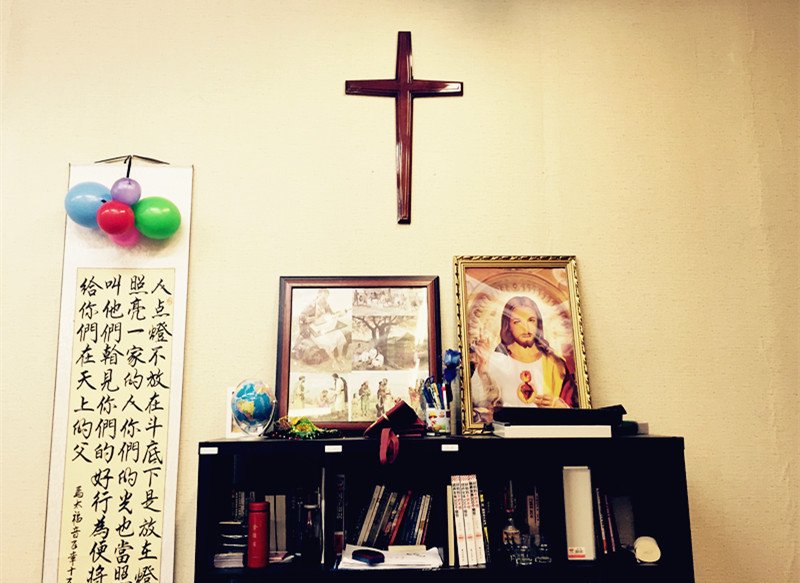It has been over a year since the revised regulations on religious affairs came into effect on Feb. 1, 2018. From a macroscopic view, the law is not only directed against Christianity, but also Islam and Buddhism, especially containing religious extremism and excessive commercialisation to promote the sinicization of religion and standardization of religious activities.
However, some terms in the regulations, such as, the requirements for the registration of places of worship, have sent shock waves to different levels within the church in China.
During 2018, the Chinese church faced a completely different situation and gave different responses that were in opposition to one another.
First, many churches, both official and unofficial, felt some unusual pressure. Responding to the current situation sparked hot debates that are still ongoing on the Internet.
Whether online or offline, the most eye-catching responses were union signatures by preachers or laypersons, a launched video that appealed to congregations to sing and dances at squares, and letters from overseas. In general, these voices formed the dividing line between a radical approach and a moderate one.
Though different theological points partly resulted in the two different approaches, what could not be ignored was that the latter related to the dispositions and styles of church leaders.
The most "conspicuous" argument was from churches with Calvinist backgrounds who emphasized the cultural mandate. They are strongly concerned about the present world and speak out their opinions in public spaces through various ways. At times, they even confront the tough with toughness, hoping to bring about some changes to the situation that is far from their wishes. At least religious freedom, to some extent, is a given.
In contrast, a certain percentage of conservative churches failed to be aware of the challenges brought on by the revised regulations. Continuing in the legacy and spirit of traditional Christianity, they rather focused on opposing and fighting against secular organizations, forgetting the real spirit of the gospel. As a result, they reacted in a temperamental way to the persecution. Not expecting the changes in the regulations and laws, they imitated their predecessors by "silently bearing" the repercussions and continuing their evangelism and ministries "quietly". Their typical way of thinking was to chose to scatter if they were forbidden to gather, not confronting the authorities but yet alsonot compromising on their mission.
One of the conflicts between the opposite sides was in the debate about "religious authority provoking political power". Neither side, however, persuaded the other and each acted according to its own ideas.
Noteworthy was a significant piece published last October by Territory, an online Chinese Christian magazine, which put forward a new standpoint. Thinking about approaches in public spaces, it called on Chinese Christians to get rid of their "devout fluff" and repent before the cross in the face of persecution.
Later the magazine outlined further how to deal with persecution. A statement released in January said, "Don't focus on where to gather and the number of service attenders, but on crucifying the bad habits of the inner self. Intellectuals should be willing to be broken and practice endurance and obedience. Don't keep a tally in accordance with your flesh or the victories in spiritual battles against enemies by your professionalism or your gifts. This is not the meaning of taking up the Lord's cross, but rather escaping it."
It revealed the darkness in the church, namely that people used faith to fulfilll their own ambitions and gain personal glory.
It added that the outward environment was not that terrible, but reflected the true conditions of Christians. Lofty stances were not godly. "God allowed the situation in order to lead us to regard faith as the cultivation of life and a simple lifestyle, not simply as a means of expression."
The year 2019 has come. Let's wait and see where things will go and how the Chinese church and Christians from different backgrounds will react.
- Translated by Karen Luo













